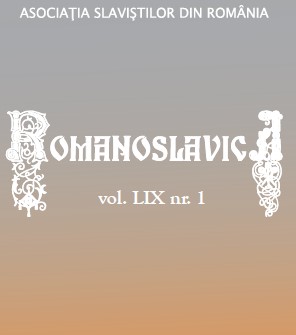On the Road to Nowhere. Andrzej Stasiuk’s Work in Light of Emil Cioran’s Apophaticism
On the Road to Nowhere. Andrzej Stasiuk’s Work in Light of Emil Cioran’s Apophaticism
Author(s): Jacek BielawaSubject(s): Polish Literature, Eastern Orthodoxy, Theory of Literature
Published by: Asociația Slaviștilor din România
Keywords: apophaticism; subjectivity; alethurgy; spiritual exercises; Andrzej Stasiuk; Emil Cioran;
Summary/Abstract: The article attempts to interpret Andrzej Stasiuk’s prose in the context of Emil Cioran’s apophaticism. Stasiuk seems to share Cioran’s gnostic conviction about the defectiveness of human nature. As a consequence of breaking his ties with nature, man is an alienated, suffering and “fallen into time” creature. In line with the apophatic tradition, Cioran sets his own goals: to become nobody, to resign from all aspirations, and to reach an absolute of nothingness. Intending to liberate the “I” from the illusions of subjectivity, Stasiuk follows Cioran’s via negativa in a literal way, i.e., he travels across Central Europe’s hinterlands – areas of an indistinct identity. Contrary to the radically sceptical Cioran, for whom God is only a phantasmal subject of revenge, Stasiuk reveals a vague hope of experiencing an epiphany on his “road to Babadag”, i.e., to nowhere. Cioran’s and Stasiuk’s prose is interpreted as textual traces of the authors’ existential experience and as media of their self-alethurgy (in Foucault’s meaning). The common feature of both authors’ styles, which reflects the discontinuity of their negative paths, is the poetics of fragmentation, the incoherence of discourse or nonlinear narrative structure. In Stasiuk’s case, discontinuity of thought reflects the route of his travels and vice versa.
Journal: Romanoslavica
- Issue Year: LIX/2023
- Issue No: 1
- Page Range: 7-27
- Page Count: 22
- Language: English

